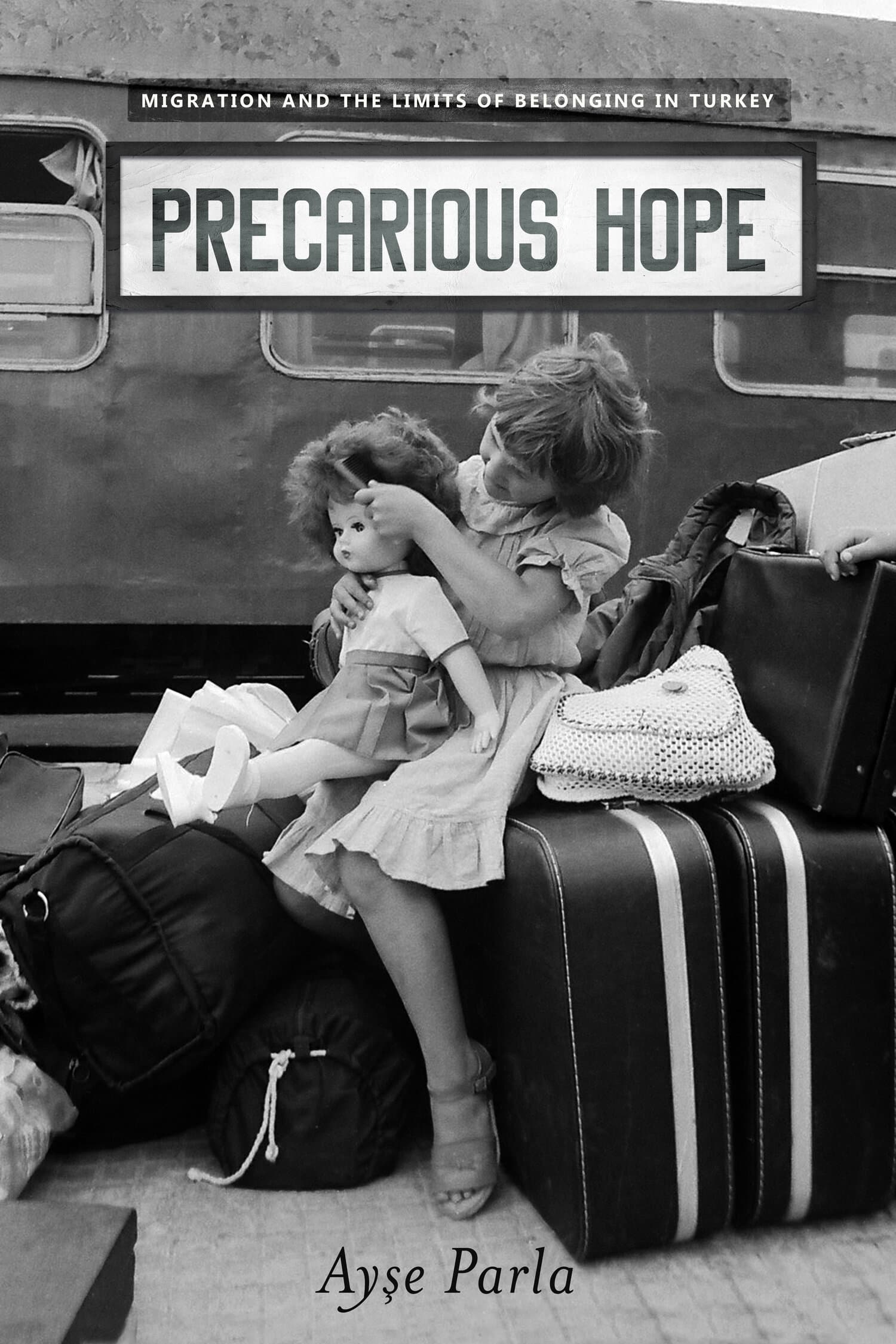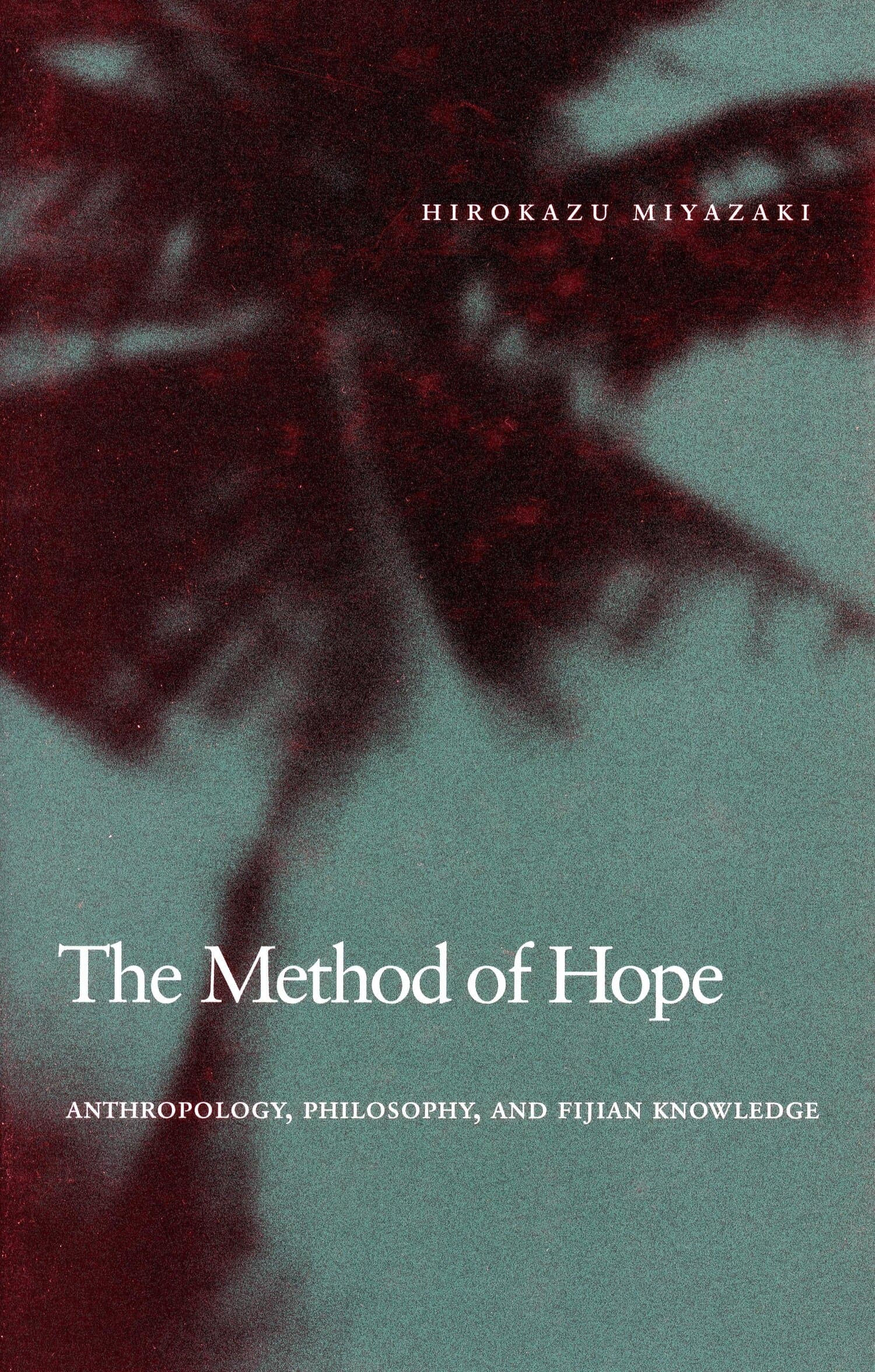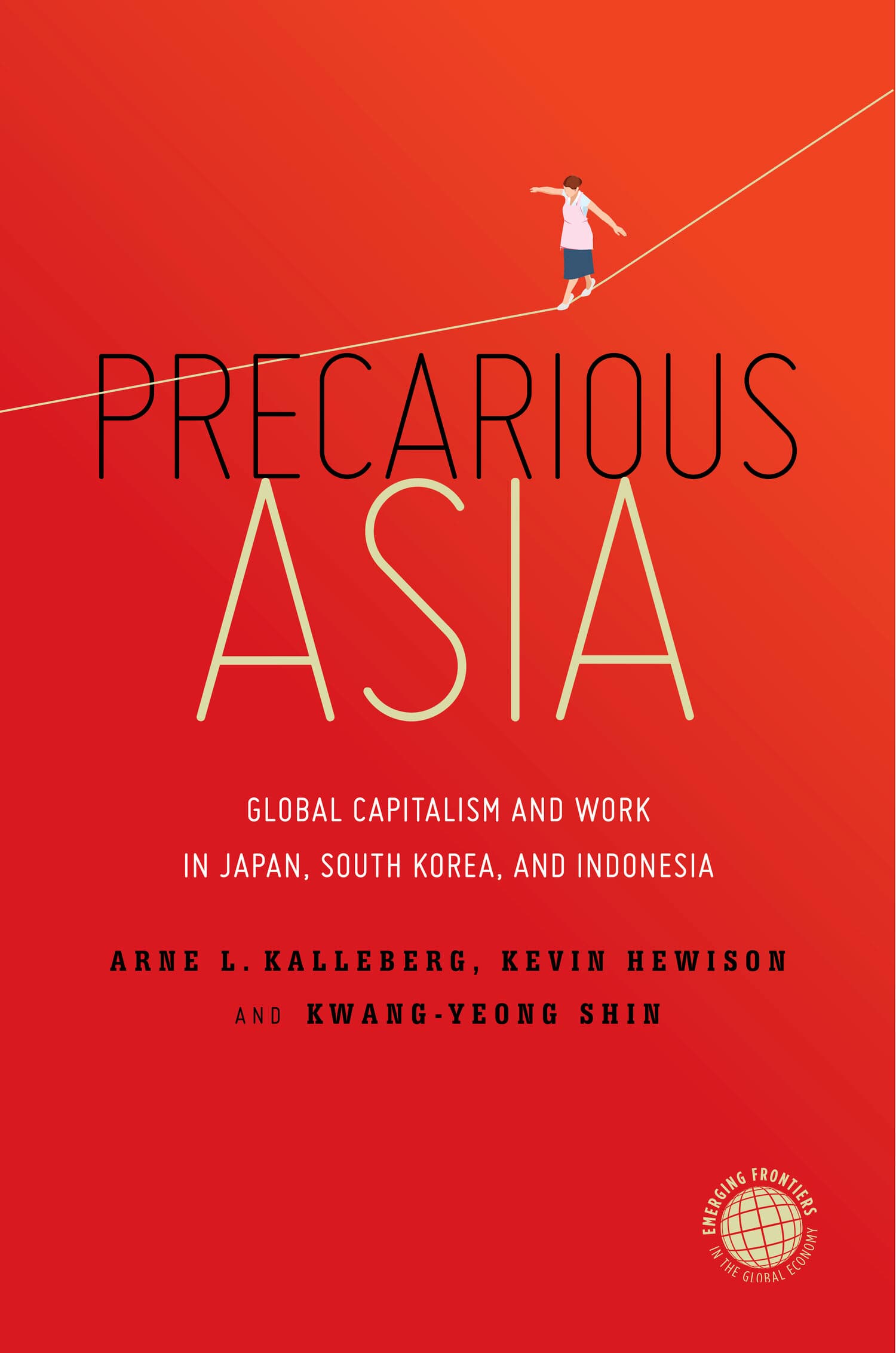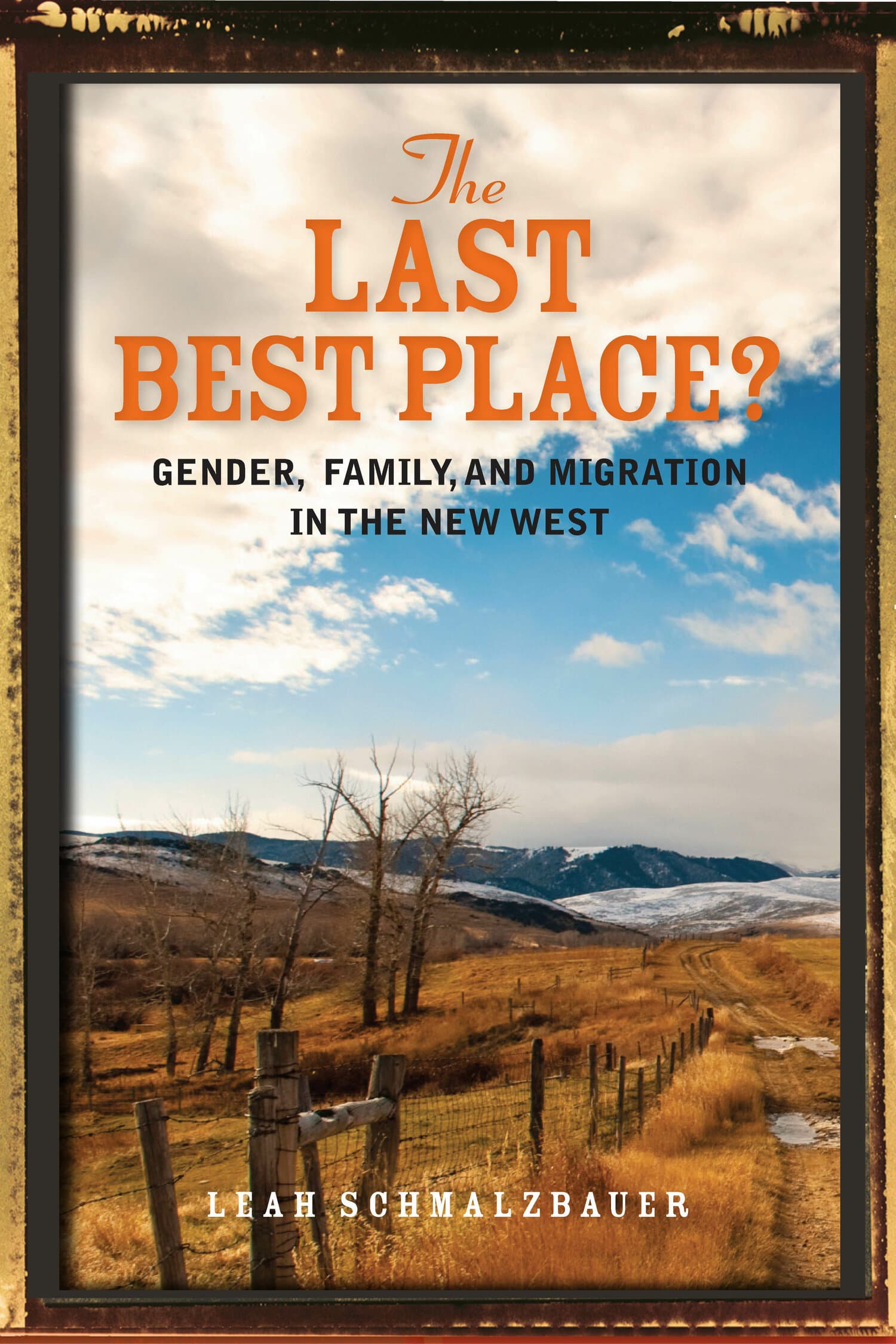Precarious Hope
Award Winner
2020: APLA Book Prize in Critical Anthropology
Honorable Mention in the 2020 APLA Book Prize in Critical Anthropology, sponsored by the Association for Political and Legal Anthropology (APLA).

There are more than 700,000 Bulgaristanlı migrants residing in Turkey. Immigrants from Bulgaria who are ethnically Turkish, they assume certain privileges because of these ethnic ties, yet access to citizenship remains dependent on the whims of those in power. Through vivid accounts of encounters with the police and state bureaucracy, of nostalgic memories of home and aspirations for a more secure life in Turkey, Precarious Hope explores the tensions between ethnic privilege and economic vulnerability and rethinks the limits of migrant belonging among those for whom it is intimated and promised—but never guaranteed.
In contrast to the typical focus on despair, Ayşe Parla studies the hopefulness of migrants. Turkish immigration policies have worked in lockstep with national aspirations for ethnic, religious, and ideological conformity, offering Bulgaristanlı migrants an advantage over others. Their hope is the product of privilege and an act of dignity and perseverance. It is also a tool of the state, reproducing a migration regime that categorizes some as desirable and others as foreign and dispensable. Through the experiences of the Bulgaristanlı, Precarious Hope speaks to the global predicament in which increasing numbers of people are forced to manage both cultivation of hope and relentless anxiety within structures of inequality.
"Boldness is required in writing a book on contemporary Turkey from the perspective of hope. It is Ayşe Parla's remarkable achievement to have developed in such context an insightful critique of this affective relation to the world. Her fine-grained ethnography offers a profound reflection on ethnonational communities and their imagined futures."—Didier Fassin, Institute for Advanced Study
"One leaves this book with a profound understanding of hope as a tool of governmentality, a way of being in the world, and a political act. Ayşe Parla shows us how deeply connected law, politics, and emotions are in the precarious lives of migrants."—Esra Özyürek, London School of Economics and Political Science
"Ayşe Parla's study is truly original and thought-provoking in its focus on the Bulgaristanlı immigrants, a group both welcomed as 'Turkish kin' and marked as different at the same time....Precarious Hope is a welcome and indeed, an invaluable contribution to our understanding of the hopes for belonging that migrants have and how they manage the precariousness of legal recognition."—Nikos Christofis, Political and Legal Anthropology Review
"It is Parla's insightful, grounded treatment of the unequal distribution of hope that represents the most productive through line inPrecarious Hope, one that might enrich often unproductive discussions surrounding hope and activism in unequal societies."—Brian Van Wyck, H-Migration




